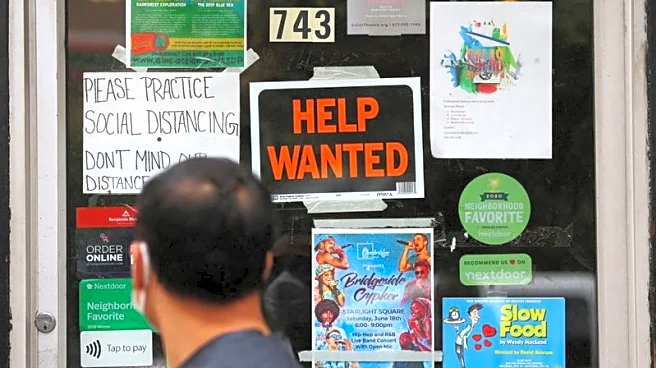What's Happening?
In Sweden, a prolonged strike by 70 car mechanics against Tesla has reached its second anniversary, with no resolution in sight. The strike, which began in October 2023, is centered around the right of
the main union, IF Metall, to negotiate pay and conditions for its members. This right is a cornerstone of Swedish industrial relations, where 70% of workers are union members and 90% are covered by collective agreements. Tesla, however, has resisted these norms, with CEO Elon Musk expressing opposition to unions. The strike has led to significant disruptions, including dockworkers in neighboring countries refusing to handle Teslas and newly built charging stations not being connected to the grid.
Why It's Important?
The strike underscores a significant clash between traditional labor practices in Sweden and Tesla's approach to labor relations. The outcome could have broader implications for labor negotiations in Sweden and potentially influence unionization efforts at Tesla's facilities in the U.S. and Germany. For IF Metall, conceding could weaken the collective bargaining model that underpins Swedish labor relations. For Tesla, agreeing to union demands in Sweden might embolden unionization efforts elsewhere. The situation highlights the tension between maintaining established labor rights and adapting to new business models that challenge these norms.
What's Next?
The ongoing strike shows no signs of resolution, with both sides holding firm. IF Metall is supported by other unions, and the strike's continuation could further strain Tesla's operations in Sweden. The company may face increased pressure to negotiate, especially if disruptions continue to affect its business. Conversely, Tesla's resistance could embolden other companies to challenge union norms, potentially leading to a shift in labor relations in Sweden. The situation remains a critical test of the strength and adaptability of Sweden's labor model in the face of global business practices.
Beyond the Headlines
The strike raises questions about the future of labor relations in an increasingly globalized economy. Tesla's stance reflects a broader trend of companies seeking to operate outside traditional labor frameworks, which could lead to significant changes in how labor rights are negotiated and enforced. The situation also highlights the cultural clash between Swedish labor norms and the business practices of multinational corporations, posing ethical questions about the balance between corporate autonomy and workers' rights.












